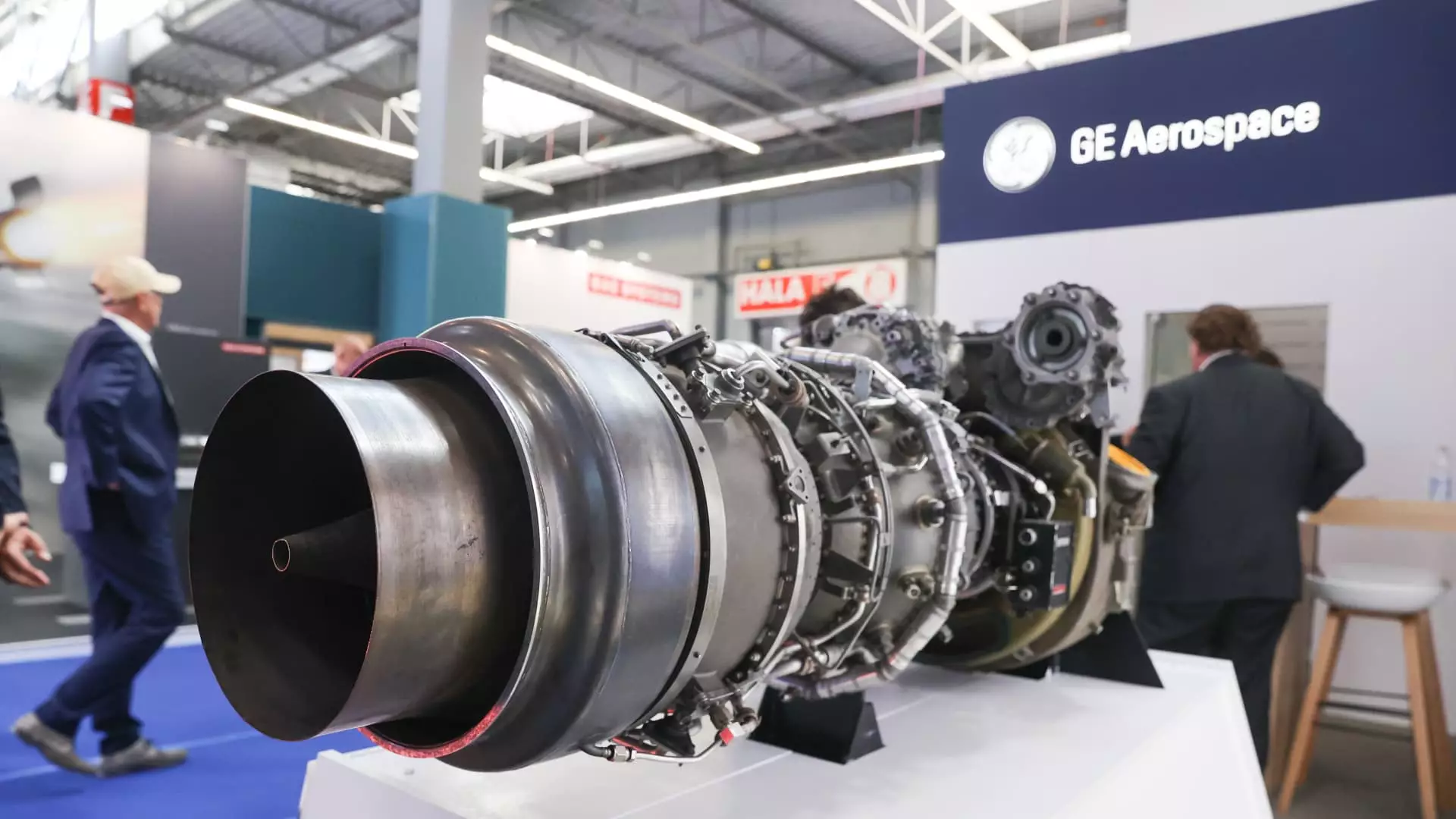GE Aerospace is positioned to thrive in the face of ongoing manufacturing challenges at Boeing, as stated by Artisan Partners’ Chris Smith. The introduction of their new leap engine has effectively established a monopoly for GE, with the engine expected to power a majority of new narrow-body planes in the coming years. This dominance could potentially see GE engines powering over 80% of aircraft in the skies over the next decade, positioning the company as a key player in the industry.
Impact of Boeing’s Manufacturing Issues
Following delivery delays caused by Boeing’s 737 Max 9 door-plug incident in January, airlines have been forced to rely on older aircraft and are experiencing a surge in demand for GE’s products. This unexpected turn of events has created an opportunity for GE to showcase its capabilities and meet the needs of the aviation industry in a time of crisis. Smith’s outlook on GE as a premier industrial stock reflects the company’s resilience and adaptability in the face of challenges.
Apart from GE, aircraft components producer TransDigm has emerged as another beneficiary in light of the current aerospace landscape. The rally of aerospace and defense stocks in 2024, amidst escalating global tensions, has highlighted the strength of companies operating in this sector. The iShares U.S. Aerospace & Defense ETF has seen a substantial increase this year, reflecting investor confidence in the industry’s prospects.
While GE shares have surged by 70% in 2024 and TransDigm by 35%, Boeing has faced challenges, with shares declining by 34% due to heightened scrutiny and operational setbacks. The company’s wider-than-expected loss in the second quarter, coupled with revenue misses, has raised concerns about its future trajectory. In contrast, GE’s position as a beneficiary of reinvestments in U.S. manufacturing signals a shift towards local production and supply chain resilience.
Smith’s observations point towards a resurgence in U.S. manufacturing, driven by a push towards localized production and reduced dependence on outsourced manufacturing. The acceleration of manufacturing construction reflects a broader trend of de-globalization and a strategic realignment of supply chains closer to home. This shift is likely to benefit companies like GE, which have the capability to capitalize on the changing dynamics of the manufacturing landscape.
GE Aerospace’s strong position in the industry, coupled with the challenges faced by Boeing, underscores the resilience and adaptability of key players in the aerospace sector. As global geopolitical tensions continue to rise, companies that can navigate complex operational environments and capitalize on emerging opportunities are well-positioned for success in the evolving aerospace landscape.

